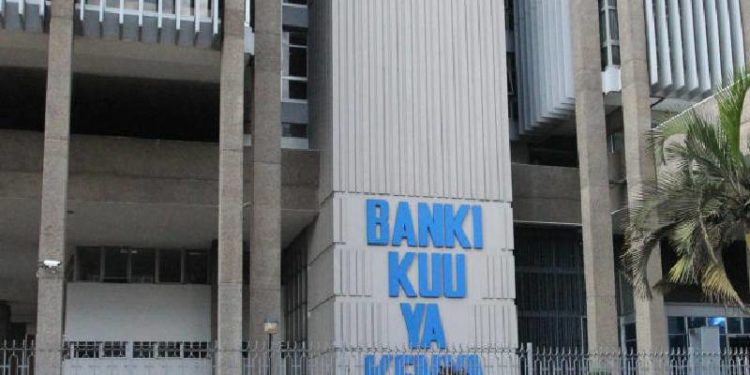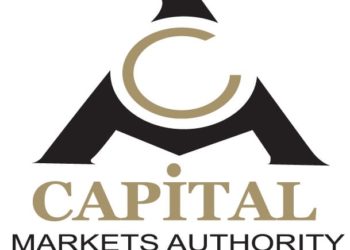On June 26, 2023, the Monetary Policy Committee voted to raise the Central Bank rate (CBR) by 100 basis points to 10.5% from 9.5%. The decision to raise the rate was ascribed to the economy’s ongoing inflationary pressures, with May inflation remaining elevated at 8.0%, slightly higher than the 7.9% recorded in April. Since June 2022, the inflation rate has remained above the Central Bank of Kenya’s target range of 2.5%-7.5%.
Read more: MPC Hikes Interest Rates to 9.5% from 8.75%
The meeting was unexpected given that in their previous MPC meeting, held on May 29, 2023, the committee was to meet again in July 2023. This marked the first MPC meeting held under the new leadership of Central Bank of Kenya Governor Kamau Thugge, who appears to be taking a more unpredictable approach to taming elevated inflation than his predecessor, former Governor Patrick Njoroge, since the tightening series began mid-last year.
Read more: The Double Edge Sword of Adjusting the CBR Rate
The decision to raise the CBR rate by 100 basis points appears to be a more proactive strategy, focusing on the long-term outlook rather than the short-term economic situation. President Ruto adopted the new Finance Bill 2023, which includes a number of tax adjustments as the government works to broaden its revenue base in order to minimize the budget imbalance, which, if not addressed proactively, might lead to a dramatic spike in the inflation rate.
The new finance bill 2023, which takes effect on July 1, 2023, will increase the VAT on petroleum products from the 8.0% that was introduced in 2018 to 16.0%, as well as introduce a 1.5% salary deduction from employees for the National Housing Development Fund (NHDF), a 5% withholding tax on payments related to the monetization of digital content, and an excise duty of Kshs 5.0 per kg on imported sugar.
Read more: Kenyan Government Plans to Borrow More Domestically
As a result of the additional taxes being enacted, it is expected that the cost of goods and services will increase as firms pass on the high cost of production to customers. The increase in the CBR rate appears to be a more proactive response to the potential danger of increased inflation brought on by the new proposal in the Finance Bill 2023.
Banks are anticipated to increase their lending interest rates in response to the CBR rate increase, which will decrease demand for loan financing. Furthermore, when loan financing costs rise, businesses would cut back on their expansion plans, which might have a negative knock-on effect on GDP growth.
Email your news TIPS to editor@thesharpdaily.com
















